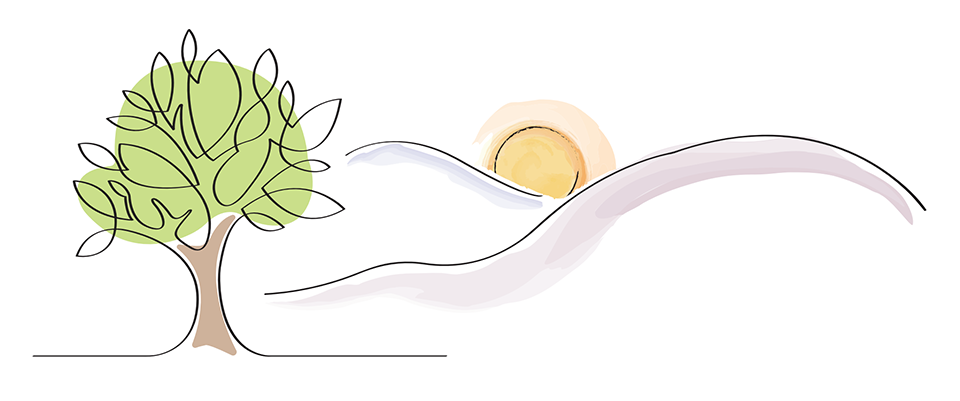Help at hand for workers in sexual violence roles
A landmark report has been released which will hopefully benefit the Pacific sexual violence workforce in Aotearoa. For the first time ever the Pacific sexual violence workforce has been the sole focus of research.

It came in a joint study between the University of Auckland and the Ministry of Social Development as part of a wider four-year sexual violence research and evaluation work programme.
The final report revealed a committed, highly-qualified workforce dedicated to its work, but one that felt isolated from each other and in need of greater cultural and clinical-based support.
This was clearly noted in the executive summary in the report with the acknowledgement that the Pacific sexual violence workforce was “currently scattered, isolated and fragmented”.
It went on to say that strengthening that network and establishing a Pacific multiservice agency that could bring members together across the country to support, manage referrals, navigate systems and advocate for support was necessary.
It said the workforce was “frustrated” with the current State systems and approaches to funding and reviewing sexual violence cased and that the approach, particularly of the Accident Compensation Commission (ACC) was considered “culturally alienating, counterproductive and potentially traumatising” for sexual violence survivors.
Among its other conclusions the writers of the summary said
- More specifically targeted and culturally nuanced workforce training and education was needed
- Ongoing support from cultural and clinical supervisors who were well versed in Pacific culture was required
- A more holistic public funding, reporting and assessment system would help reduce the need for Pacific sexual violence practitioners to engage in voluntary pro-bono work with their clients, most of whom needed help but were either unable to afford it or were ineligible for state funded support.
The researchers also highlighted the problems facing the Pacific LGBTQ+ population and youngsters affected by sexual violence.
They said because of the high numbers of male Pacific sexual violence offenders, the paucity of information, or knowledge, on the support needs of the LGBTQ+ peoples and youths affected by sexual violence, and on the positive value associated with peer support services, more work was needed by the sector to attract more males, youth and LGBTQ+ people to the workforce.
Pasefika Proud Pathways for Change 2019-2023
Pacific families and communities are safe, resilient and enjoy wellbeing.
Wellbeing outcome for Pacific families = Personal security and safety
Pacific families have:
- Reduced tolerance for, experience of and use of violence
- Strategies to help manage conflict, anger, disappointment
- Access to safe places in times of danger
- Access to effective, responsive services
- An increased sense of personal safety